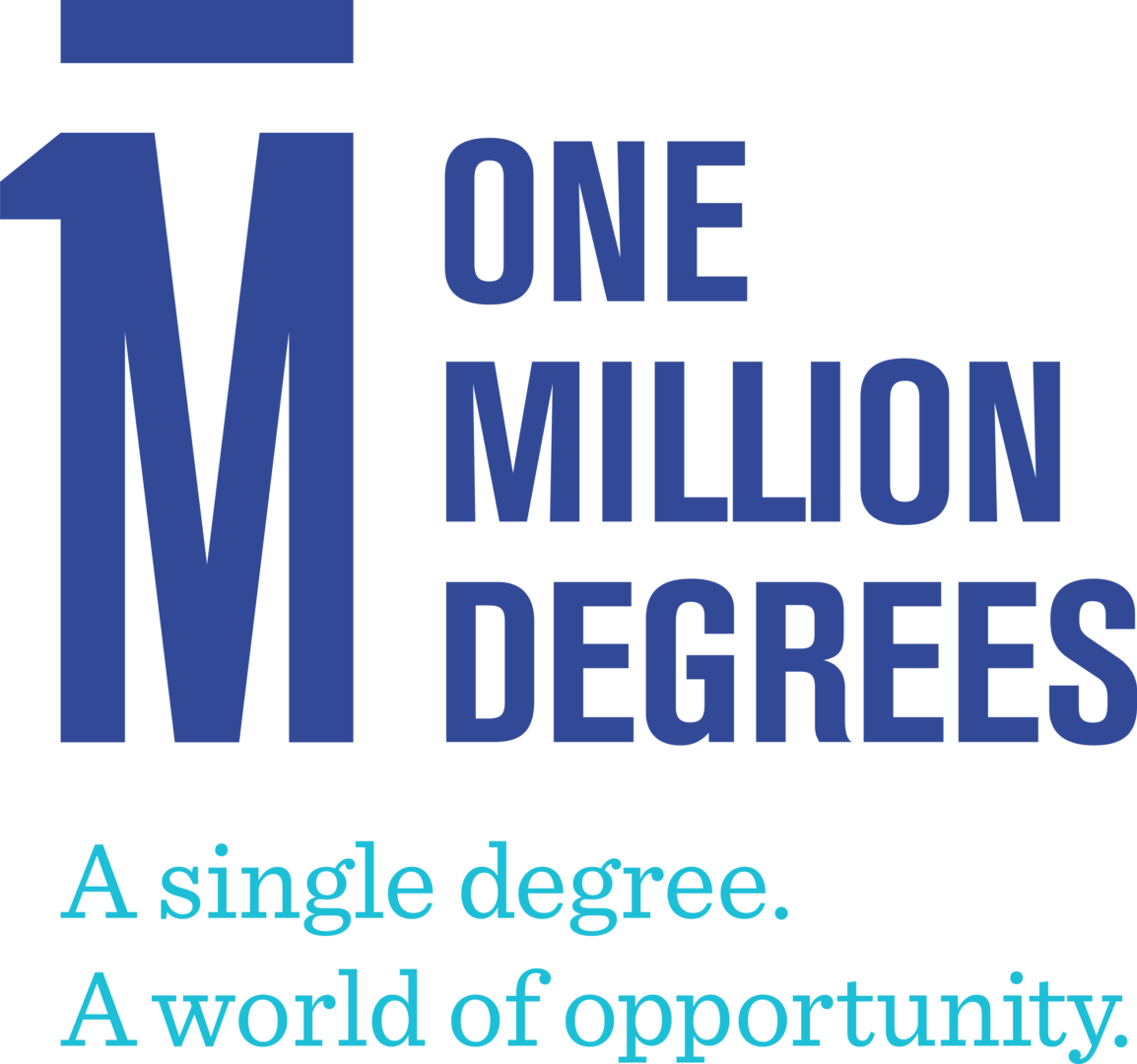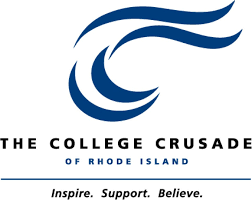Evaluating the Impact of Mentorship in College

NORC at the University of Chicago, working in partnership with ECMC Foundation, conducted a descriptive study of three college mentoring programs: College Crusade of Rhode Island, Beyond 12, and One Million Degrees. The programs were selected based on the way the mentors interact with students. College Crusade of Rhode Island offers face-to-face mentoring, Beyond 12 provides virtual mentoring, and One Million Degrees provides a hybrid model of mentoring with both face-to-face and virtual components.
This first-of-its-kind study explores how these three different mentoring delivery approaches are associated with student persistence and completion outcomes for students of color who are low-income and from marginalized communities.
To accomplish this, we selected three programs that served similar students and had similar programmatic goals. We used a mixed-methods exploratory design to describe program outcomes by delivery modality. To describe the programs’ overall effect on student outcomes, we needed to compare them to a counterfactual–that is, a similar group of students who were not enrolled in one of the mentoring programs. To do this, we compared the persistence and completion rates of each program with national benchmarks weighted to match the make-up of the participating organizations. National benchmarks for persistence are from the National Student Clearinghouse Snapshot Report for Persistence, fall 2016 entering cohorts, and benchmarks for completion rates are from the U.S. Department of Education, National Center for Education Statistics, Integrated Postsecondary Education Data System (IPEDS), 2015 entry cohort.
Among the findings:
Students in two-year programs using virtual and hybrid delivery modes experienced increased persistence rates compared to similar students with data from the National Student Clearinghouse, and the virtual model is associated with substantial positive impacts on two-year degree program completion. The success of the virtual program is particularly relevant in light of COVID-19, which has necessitated more remote learning and engagement and fewer opportunities for in-person support.
Program staff and students report that a good relationship between mentor and mentee is vital to successful outcomes. Ideally, the mentor provides the mentee with the agency, support, and confidence to solve problems on their own so that they can succeed in college.
The most effective programs are well funded, offer comprehensive support systems, and maintain frequent, close communication with students.
Developing a universally recognized definition of mentoring, established by understanding and replicating intervention models that yield the best outcomes, would assist programs in understanding critical elements that shape program features and affect outcomes.




Related Tags
Project Leads
-
Jennifer Hamilton
Senior Vice PresidentPrincipal Investigator -
Erin Knepler
Senior Research DirectorProject Director








